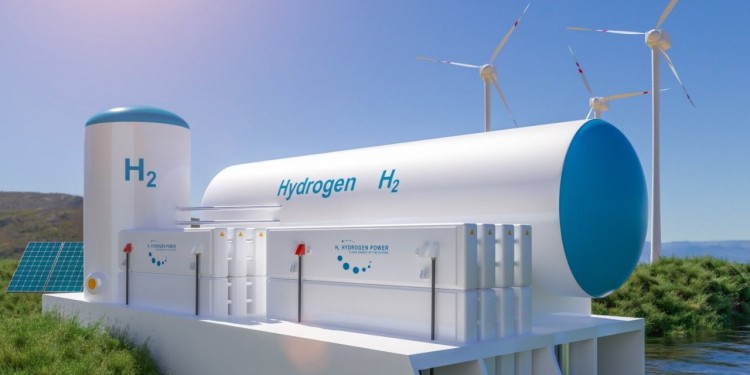As of my latest knowledge update, India has been making strides towards incorporating hydrogen into its energy mix. Keeping in mind that there might have been further developments since then. Here is a general overview based on the information available up to that point:
Hydrogen Mission of India:
- National Hydrogen Mission:
In 2021, India announced the National Hydrogen Mission as part of its commitment to clean energy and reducing carbon emissions.
- Policies Implemented:
The government aimed to create a comprehensive policy framework to promote the production and use of green hydrogen. Policies focused on supporting research and development, infrastructure development, and market creation for hydrogen.
- Incentive Plans for Green Hydrogen:
There are financial incentives and subsidies for the production of green hydrogen through renewable energy sources. In addition to this, the government will also provide tax benefits and incentives for industries adopting green hydrogen technologies.
Future Aspects:
- Energy Transition:
Hydrogen is seen as a key component in India’s transition to a low-carbon energy future. The government aims to increase the share of hydrogen in the energy mix to reduce dependence on fossil fuels.
- Technological Advances:
Investments in research and development to enhance hydrogen production, storage, and transportation technologies. Integration of hydrogen technologies with other renewable energy sources for increased efficiency.
Job Opportunities:
- Hydrogen Industry Jobs:
The growth of the hydrogen sector is expected to create job opportunities in manufacturing, research, development, and maintenance of hydrogen-related infrastructure. Skilled labour will be in demand for the design and operation of hydrogen production facilities.
- Supply Chain Jobs:
Expansion of the hydrogen industry can stimulate job growth in the supply chain, including transportation and logistics associated with hydrogen production and distribution.
Government’s Planning:
- Investment in Infrastructure:
The government plans to invest in the development of hydrogen infrastructure, including production, storage, and transportation facilities.
- International Collaboration:
Collaboration with international partners for knowledge exchange, technology transfer, and joint ventures to accelerate the adoption of hydrogen technologies.
- Regulatory Framework:
Establishment of a regulatory framework to ensure the safety, standards, and compliance of hydrogen-related activities.
Challenges and Considerations:
- Costs and Competitiveness:
Addressing the cost challenges associated with green hydrogen production to make it competitive with conventional energy sources.
- Scaling Up Infrastructure:
Planning for the scaling up of hydrogen infrastructure to meet growing demand.
- Public Awareness:
Public awareness campaigns to educate the public about the benefits of hydrogen and garner support for its adoption.


